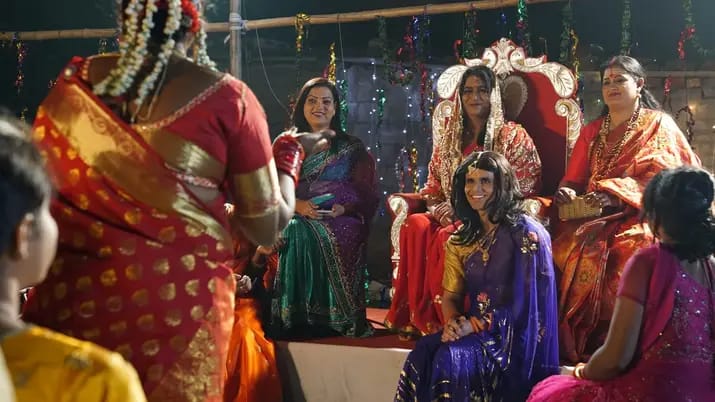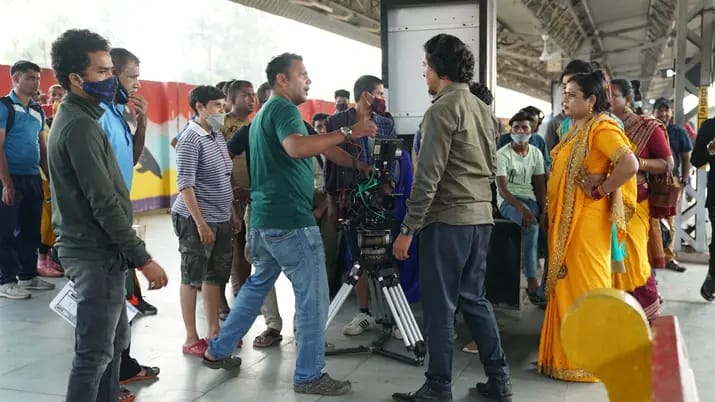Bhubaneswar: After the Cannes spotlight and top honours at India International Film Festival of Boston (IIFFB), USA, Odia film ‘T’ has been released in theatres across Odisha.
Jitesh Parida’s directorial debut is loosely based on the life of Meghna Sahoo, India’s first transgender cab driver, and showcases her life journey, struggles and triumphs. “It is the story of a community that has long been pushed to the sidelines. The movie celebrates their journey while providing them a space to be themselves. People who watch the movie can understand the agonising ordeals faced by them, feel the pain and become more sensitive towards them,” he said.
Parida, who entered Bollywood business in 2015 with their first venture feature film ‘Mantostaan’ premiered at marche du Film,Festivals de Cannes in 2016, said that visit to such festivals made him question as to why stories from Odisha were not reaching international audience.

During an interaction with Debasish Sahoo, the leader actor of ‘T’, he came to know about Meghna, which gave him an impetus to portray the real-life stories, struggles and victories of transgender people on the big screen. “The film was made after 2 years of intensive research and the community was a source of immense support. The journey became easy because of the joy and the interest that the community had in sharing its stories with me,” he said.
Parida further said that it was all the more important to tell the story of the transgenders, who face discrimination and are compelled to beg and do sex work for their livelihood.
The film was shot at Kalinga Studio here, Meghna Sahoo’s village Thakurpada near Khurda and had a 4-day schedule in Delhi. The actors are primarily from Odisha – Debashis Sahoo, Ranbir Kalsi, of ‘Khanti Odia Jhia’ fame, Usasi Mishra, Prasanjeet Mohapatra and Hara Rath. Trans actors were also roped in.

Censorship was the only challenge. “The censor board sent us to the executive committee as we opposed the rating and after 6 months of struggling, we were able to get a UA certification with some cuts,” he said.
Parida, however, clarified that the movie doesn’t opine for and against legal terms and discourse.


